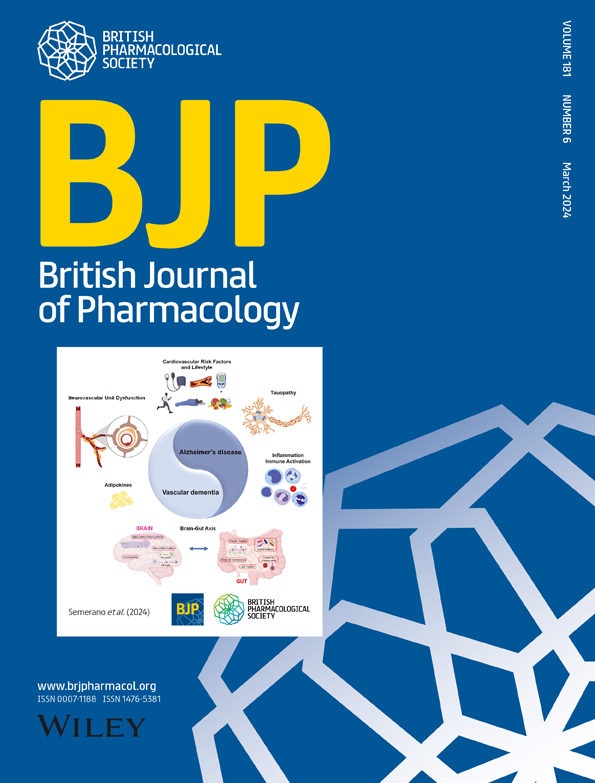Identification of new small molecules for selective inhibition of SERCA 1 in patient-derived metastatic papillary thyroid cancer
Abstract
Background and Purpose
Papillary thyroid cancer (PTC) is a general thyroid cancer subtype; however, PTC is associated with metastasis or recurrence via anti-cancer drug resistance, rendering it practically incurable. Therefore, effective and reliable clinical approaches are urgently required.
Experimental Approach
We demonstrated the coordinated up-regulation of sarco/endoplasmic reticulum (ER) calcium ATPase 1 (SERCA1) in metastatic PTC under treatment with sorafenib or lenvatinib. We screened novel drug candidates in a patient-derived lymph node metastatic PTC and compared outcomes with those in non-metastatic and main mass PTC in an in vitro and in vivo model to propose a new clinical strategy.
Key Results
In the current study using patient-derived metastatic PTC cells, SERCA1 was considerably increased under sorafenib- or lenvatinib-treated conditions. SERCA is a critical component in cytosolic free calcium regulation and is regulated by calcium/calmodulin-dependent protein kinase 2 alpha (CaMK2α) via NFκB. However, cardiac dysfunction was inevitable in vivo because of non-specific inhibition of SERCA isoforms by conventional SERCA inhibitors. This study designed a therapeutic approach with decreased cardiac dysfunction via SERCA1 isoform–specific inhibition by novel small molecules, CKP1 and CKP2, under severe ER stress conditions in patient-derived metastatic PTC. These novel SERCA1-specific inhibitors remarkably increased tumour shrinkage in the patient-derived metastatic PTC xenograft tumour model without cardiac dysfunction when used in combination with sorafenib or lenvatinib.
Conclusion and Implications
These outcomes suggest the potential efficacy of the novel combination strategy that uses targeted therapy to treat malignant cancer cells, such as sorafenib- or lenvatinib-resistant cancer cells.

 求助内容:
求助内容: 应助结果提醒方式:
应助结果提醒方式:


